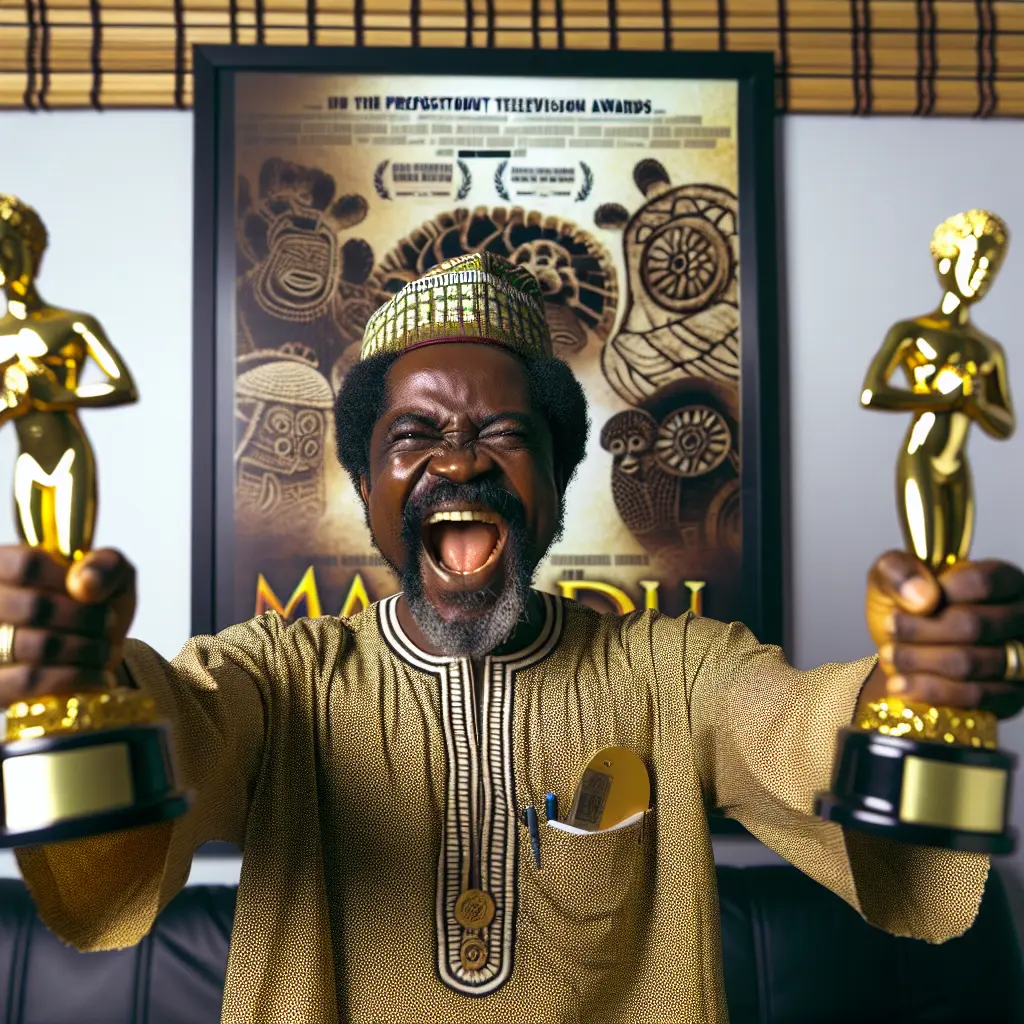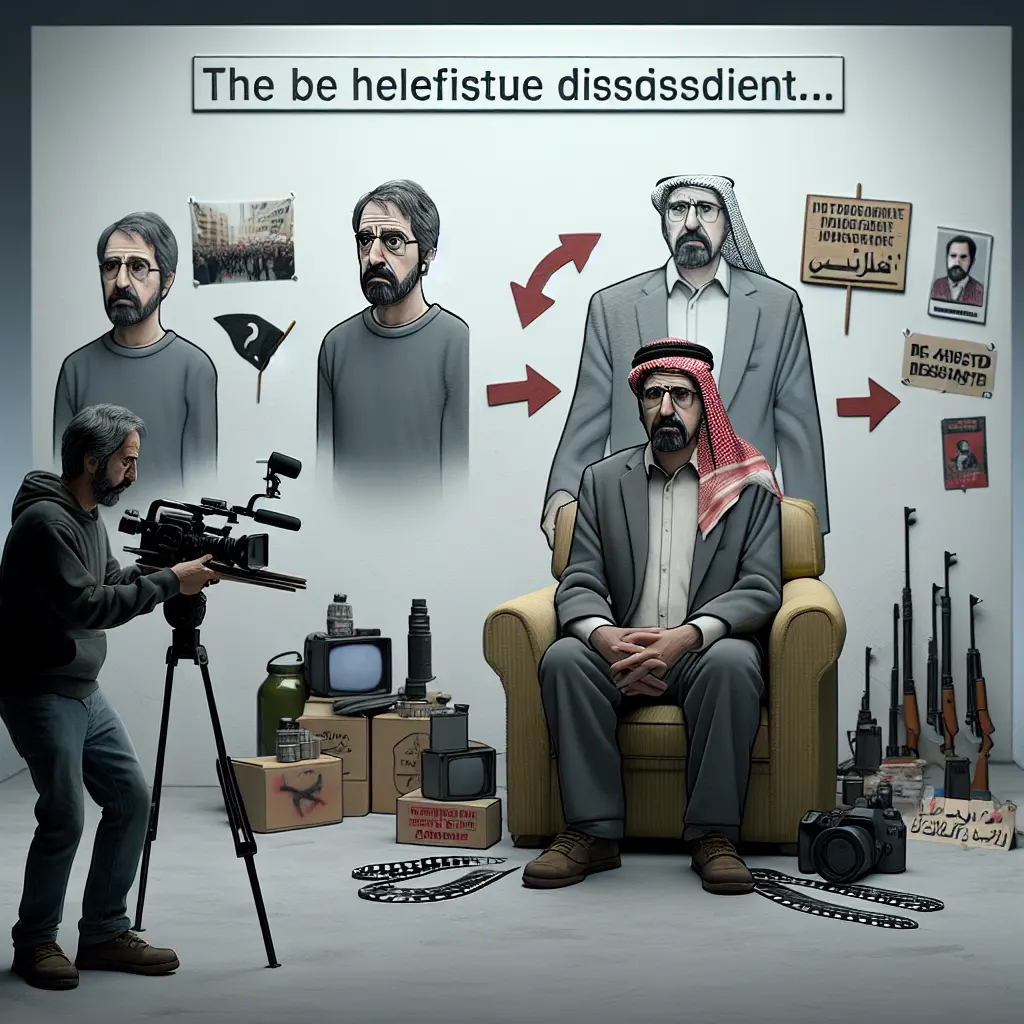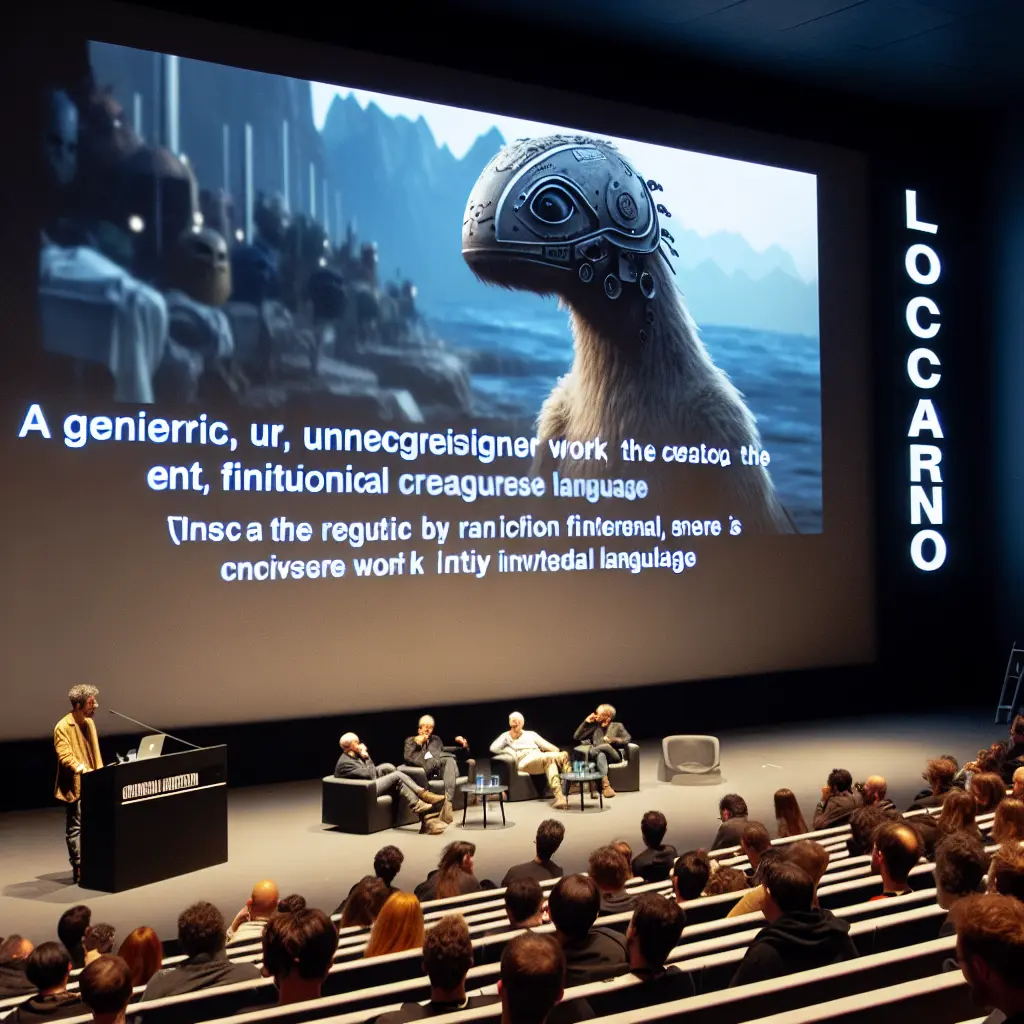Documentaries have the power to transform our understanding of history, and few subjects have generated more passionate debate than the Vietnam War.
As we mark the 50th anniversary of the fall of Saigon and the end of the Vietnam War, a new wave of documentary filmmaking is making waves—and challenging long-established narratives. The latest contender in this field is Netflix’s ambitious Vietnam documentary, “Turning Point,” which is being recognized as a significant addition to the canon of world-changing documentaries.
Reframing a Pivotal Moment in History
“Turning Point” stands out for its bold attempt to reevaluate the events and repercussions of the Vietnam War. While Ken Burns’ celebrated series has long been regarded as the definitive televised account, Netflix’s latest offering brings fresh perspectives to light. Historians, including those who have extensively studied the conflict, note that this new documentary is stirring up important conversations about historical accuracy, personal testimonies, and cultural impact.
Historical accuracy: The film scrutinizes previously accepted versions of events, prompting viewers to question what they thought they knew.
Personal testimonies: By weaving in voices that were previously marginalized or omitted, “Turning Point” gives a more nuanced and inclusive picture.
Cultural impact: The documentary explores not just military strategies and political decisions, but also how the war shaped lives on both sides of the Pacific.
Why Documentaries Like These Matter
Documentaries that challenge established narratives play a crucial role in shaping public memory. “Turning Point,” like other influential documentaries before it, demonstrates how film can illuminate untold stories, question established narratives, and foster empathy and understanding.
Illuminate Untold Stories: Shedding light on overlooked individuals and communities affected by historical events.
Question Established Narratives: Encouraging viewers to engage critically with history rather than accepting any single “official” version.
Foster Empathy and Understanding: By humanizing all sides, documentaries can bridge divides and promote reconciliation.
A Legacy of Transformation
Over the years, certain documentaries have fundamentally altered how we view history and the world around us. The release of “Turning Point” is a reminder that these films are not static records but living conversations that evolve as new information and perspectives emerge.
Key Documentaries That Changed Our Perception of History
Some pivotal documentaries include “Shoah” (1985), which revolutionized Holocaust documentation with survivor testimony; “The Thin Blue Line” (1988), prompting new discussions on justice and wrongful conviction; Ken Burns’ “The Vietnam War” (2017), which set a new standard for narrative depth and visual storytelling; and now, Netflix’s “Turning Point,” which is joining this esteemed list by pushing viewers to reconsider even the most familiar stories.
Looking Forward
As audiences engage with groundbreaking documentaries like “Turning Point,” it’s clear that this medium continues to be an essential force for education, reflection, and change. Such films challenge us to reconsider what we think we know, making them integral to both personal growth and collective understanding.
For those interested in diving deeper into the debates surrounding “Turning Point” and its approach to Vietnam War history, you can read more here.
Let us continue to seek out and celebrate documentaries that do more than recount history—they reshape it.






_netflix_documentary.webp)



Leave a Comment